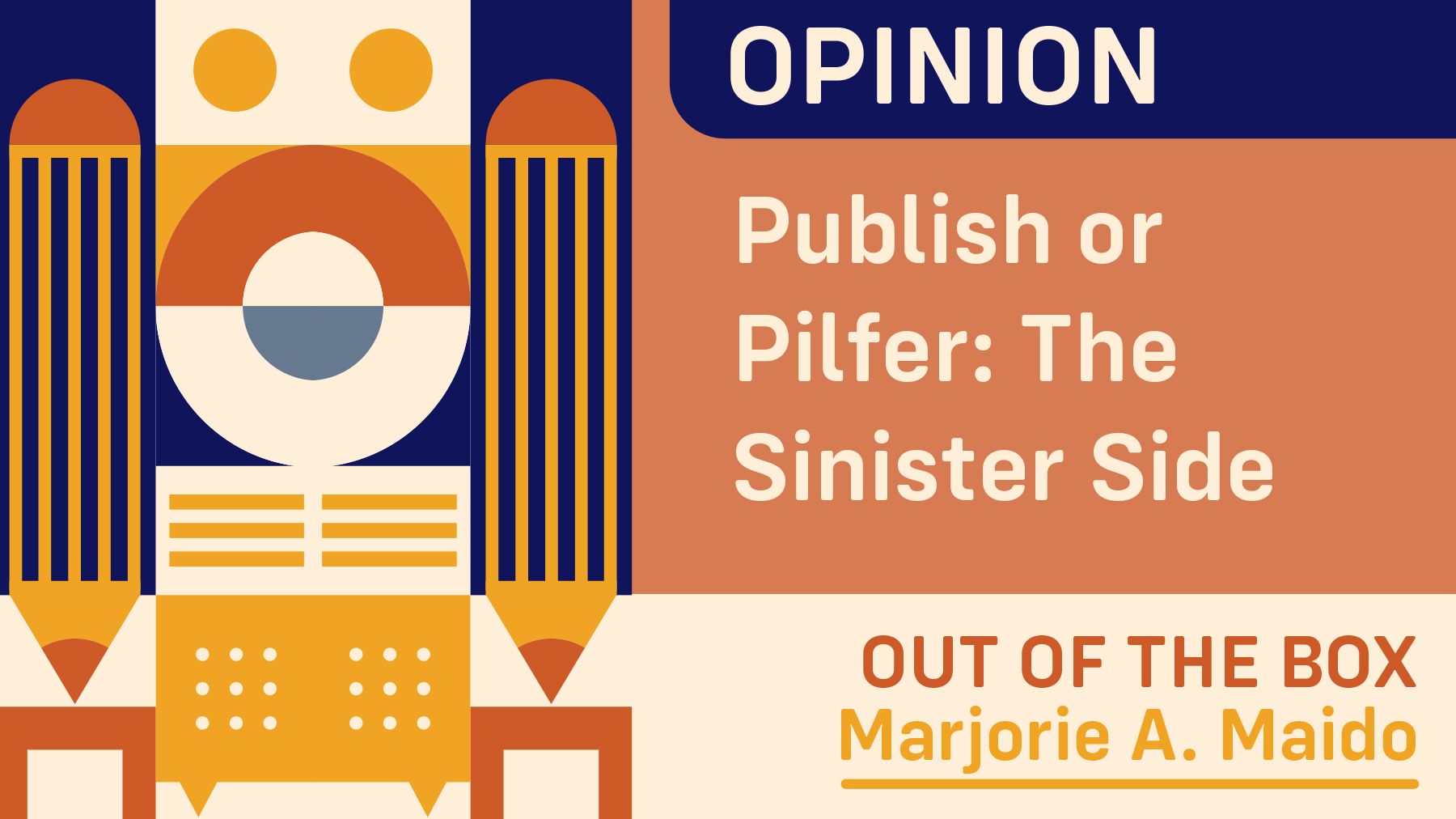For the past few weeks, I have been reading the ironic fate of Dan Ariely and Francesca Gino.
In September 2023, The New Yorker posted an article about how they studied dishonesty, and how they were discovered to be manipulating their research data. They both came from high-caliber universities, and their careers are now in tatters.
So, when I came to a recent Facebook post detailing a teacher’s apology to her advisee who thought it was a brilliant idea to publish the latter’s work as hers, I could not help but see similarities.
'Diskarte' and Academic Integrity
Academic dishonesty, unfortunately, has been committed, in every corner of the world right now. If Harvard University has been fooled by some of its professors, are we supposed to expect that Philippine universities are spared from these incidents? I don’t think so, especially since we use “diskarte” to strategize in difficult situations.
As netizens chimed in, they insinuated they remembered something similar, which means this incident is not new for many. Unfortunate, but true. However, teachers are mandated to uphold academic integrity. If teachers can easily get off the hook by merely apologizing, where does the sense of accountability come in?
And yet, this incident highlights two big issues: the pressure for teachers to publish and academic integrity.
Academic Theft
In Philippine universities, teachers face an almost unrealistic expectation to publish. In between teaching, grading, faculty meetings, extension work, advising, coaching, and consultation hours, finding the time to publish is almost like finding the needle in a haystack. Almost impossible.
Those who do not have the time, and yet yearn to get promoted will resort to trickeries like this, hoping that they won’t get caught, as others have gotten away. But this is not a valid excuse.
If the teacher had thought of collaboration rather than academic theft, she could still have flourished in the academe. It is typical for an adviser and an advisee to co-author an article. In fact, for most advisees, that is advantageous, especially if the adviser has already had a register of high-impact publications. The relationship is grounded on mentoring, after all.
Plagiarism and Ethics
Now, let us talk about academic integrity. It encompasses honesty, fairness, respect for intellectual property, ethical conduct in research, and professionalism, in all aspects of academic life.
Upholding academic integrity fosters a culture of trust, respect, and excellence. I salute the teachers who are grinding it the right way, valuing academic integrity, and respecting their students. Though universities have rules on plagiarism and ethics, it is upon the individual whether to succumb to some shenanigans for promotion’s sake and risk losing their careers and reputation in the end.
I do not even know if this is reversible. But at least, for those who have done this, you only have yourself to blame.
#WeTakeAStand #OpinYon #OpinYonColumn #ColumnbyMarjorieMaido #OutoftheBox

